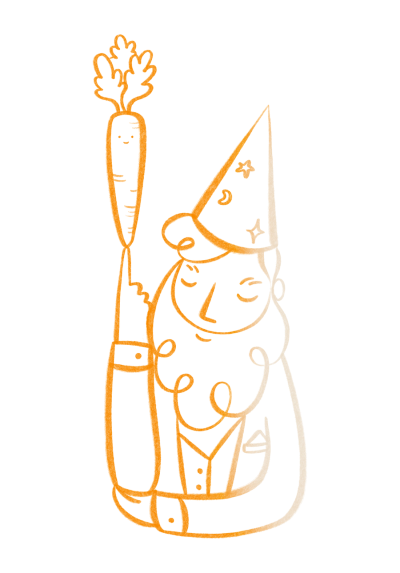
Start of two column section, start of first column
You found me, well done. I’m foxwizard;* enigmatic advisor-friend to all who quest amidst the emergent.
* Aye; the moonlight façade of the wizard Dr. Fox—an author, speaker and ‘leadership futurist’ {sic} with many happy clients.
Have my ravens deliver The Museletter to you; an intimate epistle offering wit, wisdom and wiles to help you be a more effective imposter within the mythical ‘future of leadership’. (~˘▾˘)~–···☆⋆*!magic
--- start of second column

--- end of two column section ---
musings, podcasts & more
🏮 podcast episodes // 🔮 quest leadership // 🧙🏻♂️ metamodern wizardry // 🎭 bardic savvy // 🌿 druidic sensibilities // 🦊 fox magic // 🍂 olde musings